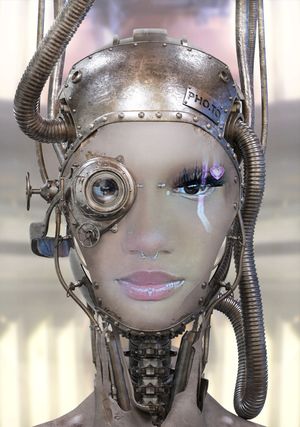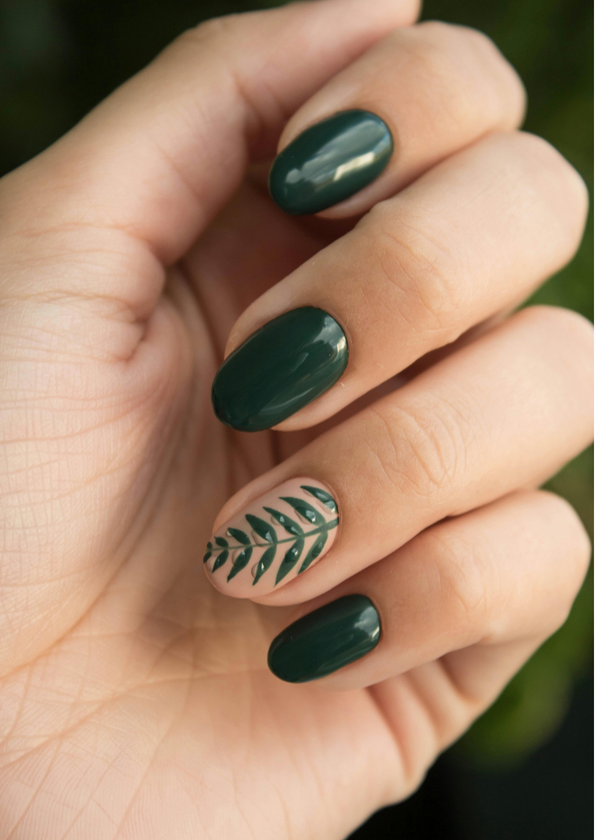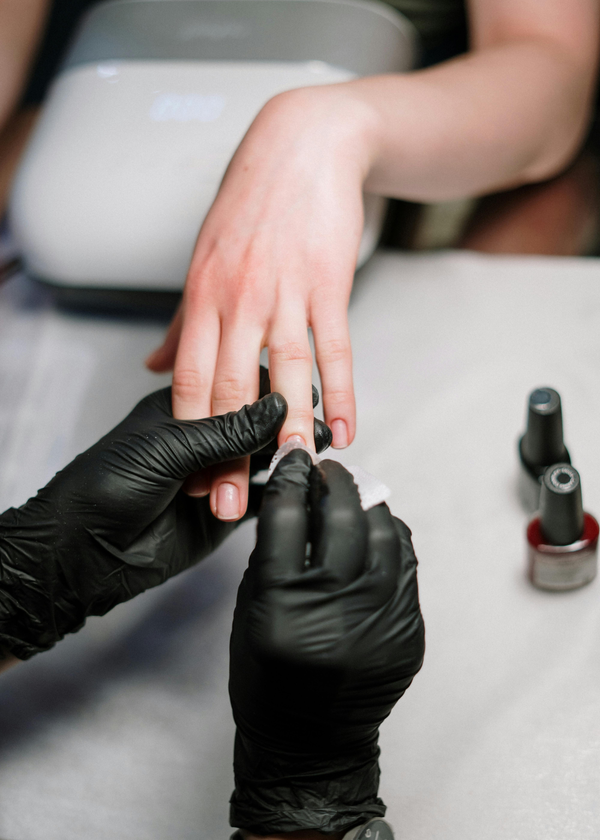Caring for your furry friend involves more than just feeding and playing with them. A crucial aspect of pet care that many pet parents overlook is dental hygiene. So, what happens if you never brush your dog's teeth? Let's dive into the consequences and preventive measures to ensure your pup's pearly whites stay healthy.
The Onset of Plaque and Tartar
When a dog eats, food particles and bacteria collect along the gum line, forming plaque. If plaque isn't removed, it hardens into tartar, which is much more difficult to get rid of. Tartar buildup can lead to swollen gum lines and eventually, gum disease. Without intervention, this can progress to periodontal disease, a painful condition that can result in tooth loss.
The Dangers of Periodontal Disease
Periodontal disease doesn't just affect your dog's mouth. The bacteria from the infection can enter the pet's bloodstream, potentially damaging vital organs like the heart, liver, and kidneys. This is why dog owners must take dental care seriously, as poor dental health can lead to life-threatening conditions.
Bad Breath: A Telltale Sign
One of the first signs that your dog's oral health is not up to par is bad breath. While many pet owners think it's normal for dogs to have bad breath, it's actually an indicator of bacteria buildup in the dog's mouth. This can lead to gum disease and tooth decay if not addressed promptly.
The Painful Reality of Tooth Decay
Tooth decay is as uncomfortable for dogs as it is for humans. It can cause your dog significant pain, making it difficult for them to eat. This can lead to weight loss and stomach problems. Regular chewing on dental chews can help, but it's not a substitute for teeth brushing.
The Systemic Impact of Poor Dental Health
Poor dental health doesn't just cause local issues in the mouth; it can have systemic effects. The bacteria from the mouth can cause infections elsewhere in the body, leading to a range of health problems. This is why brushing your dog's teeth is essential for their overall well-being.
The Role of Diet in Dental Health
What your dog eats plays a role in their dental health. Soft, sticky foods can adhere to teeth and promote plaque formation, while harder kibbles might help remove some plaque. However, even with the best dog food, daily tooth brushing is necessary to keep your dog's teeth clean.
Professional Dental Cleanings: A Necessity
Even with diligent at-home care, professional dental cleanings are necessary. Vet techs perform these cleanings under general anesthesia to thoroughly clean and examine your dog's teeth. Annual cleaning is recommended, but some dogs may need more frequent cleanings based on their dental health.
Understanding the Link Between Diet and Dental Health
When considering dog's dental health, it's essential to look at what goes into your pet's mouth, particularly their food. Most pet owners are aware that certain foods can lead to plaque buildup, but did you know that some ingredients in your dog's food can actually help keep their teeth clean? For instance, crunchy kibbles are better at scraping away soft tartar, and some diets are specifically formulated to address dental health. These foods often contain enzymes or other ingredients that help reduce plaque and tartar formation.
On the flip side, a diet high in sugars and carbohydrates can contribute to the accumulation of dental plaque and tartar. Just like in humans, these substances can stick to the dog's teeth and become a breeding ground for bacteria, leading to dental diseases. Therefore, choosing the right diet for your dog is a proactive step in maintaining their oral health. Always look for quality ingredients and, if in doubt, consult with your veterinarian to select the best food for your furry friend's dental and overall health.
The Consequences of Neglecting Your Dog's Gums
When discussing what happens if you never brush your dog's teeth, it's crucial to consider the health of your dog's gums. Swollen gum lines are often the first sign of trouble in a pet's mouth. Without regular brushing, bacteria can flourish, leading to inflammation known as gingivitis. If left unchecked, this can progress to more severe conditions, affecting the dog's oral health and potentially leading to tooth loss. The gums are the protective barrier for your pet's teeth and bloodstream, and neglecting them can have serious consequences.
Moreover, the state of a dog's gums can be a window into their overall health. Infections in the gums can easily spread to the bloodstream, affecting vital organs and causing systemic health issues. Regularly brushing your dog's teeth helps to prevent dental disease by removing plaque before it can irritate the gum line. When you brush your dog's teeth, you're not only keeping their teeth clean but also protecting their gums and, by extension, their general well-being.
Innovative Dental Products for Your Canine Companion
In the realm of dog's dental health, innovation has led to a variety of dental products designed to complement or even substitute traditional brushing.
While brushing your dog's teeth remains the gold standard, these products can be beneficial, especially for pet owners who struggle with the brushing routine.
Dental wipes, oral sprays, and water additives are among the only ones that can help keep your dog's mouth clean and fresh. They are formulated to reduce plaque and tartar buildup and can be easier to use than a toothbrush for some pets and owners.
Furthermore, dental toys and specific dog's food formulations are engineered to assist in maintaining your pup's teeth clean between brushings. These products often have textures or ingredients that help to mechanically or chemically reduce plaque and tartar.
It's important to remember, though, that while these products can be a helpful part of a dental care routine, they should not be the only ones relied upon. A combination of daily brushing, regular check-ups, and the use of these innovative dental products can provide the best defense against dental diseases in dogs.
The Role of Chew Toys in Dental Maintenance
Chew toys are not just for entertainment; they serve as a great alternative for keeping your dog's teeth clean. Many chew toys are designed to strengthen the teeth and gums while providing a way to reduce plaque and tartar buildup. As your dog chews, the toy rubs against the teeth, helping to clean them. It's similar to how dental floss works for humans. However, it's important to select the right type of chew toy to prevent any dental or digestive issues.
Moreover, chew toys can satisfy your dog's natural urge to gnaw, which can prevent them from chewing on inappropriate items that could harm their teeth or gums.
Some toys are infused with flavors or can be stuffed with dental treats, increasing their appeal to dogs while enhancing the dental benefits. Always supervise your pet during chew sessions to ensure they are safe and to prevent any pieces from being ingested. Remember, while chew toys are beneficial, they should complement regular brushing your dog's teeth, not replace it.
The Benefits of Daily Brushing
Daily brushing is the gold standard in preventing dental disease. It removes plaque before it can harden into tartar and keeps your dog's gums healthy. Using a dog toothbrush and dog toothpaste, many pet parents find that daily brushing becomes a bonding experience with their pet.
Alternatives to Brushing: Dental Chews and More
For those who struggle with daily brushing, dental chews, dental wipes, and oral sprays are great alternatives. These products are designed to help remove plaque and freshen breath. However, they should be used in conjunction with regular teeth brushing for the best results.
The Risks of Ignoring Dental Care
Ignoring your dog's dental care can lead to expensive vet bills down the line. Dental issues often require professional intervention, which can be costly, especially if tooth extractions or surgery are needed. Investing time in daily dental care can save both you and your dog from future pain and expenses.
Home Remedies for Dental Care
Some dog owners add coconut oil to their dog's food or use it to brush their dog's teeth, as it can help remove plaque and is a natural antibacterial. Raw bones (never cooked bones, as they can splinter) can also help clean teeth, but they should be given under supervision.
Recognizing Dental Problems Early
Regularly checking your dog's mouth can help you spot problems early. Look for signs of redness, swelling, or bleeding in the gums, as well as any broken teeth. If you notice any of these issues, it's time to visit the vet for a check-up.
The Importance of Starting Young
Introducing teeth cleaning when your dog is a puppy can make the process easier. Pups are more adaptable and can get used to the routine of having their teeth brushed. This sets the stage for good oral hygiene throughout their life.
The Special Needs of Older Dogs
Older dogs may have more dental issues and may require more frequent cleanings or special care. It's important to be gentle and patient when brushing the teeth of older dogs, as they may have sensitive gums or loose teeth.
FAQs
Q: How often should I brush my dog's teeth?
A: Ideally, you should brush your dog's teeth daily to prevent plaque and tartar buildup. If daily brushing is not possible, aim for at least three to four times a week.
Q: Can I use human toothpaste to brush my dog's teeth?
A: No, you should never use human toothpaste to brush your dog's teeth as it contains ingredients that can be harmful to dogs if swallowed. Always use toothpaste formulated for dogs.
Q: What should I do if my dog hates getting their teeth brushed?
A: Start slowly by letting your dog get used to having their mouth handled. Use positive reinforcement and gradually introduce the toothbrush and toothpaste. You can also consult with your vet for additional tips or consider using dental wipes or chews as an alternative.
Summary
Neglecting your dog's dental health can lead to a host of problems, from bad breath and gum disease to systemic health issues. Regular teeth brushing, professional cleanings, and a proper diet are key to preventing these problems. While alternatives like dental chews and wipes can help, they should not replace daily brushing. By taking care of your dog's teeth, you're ensuring their overall health and happiness.








